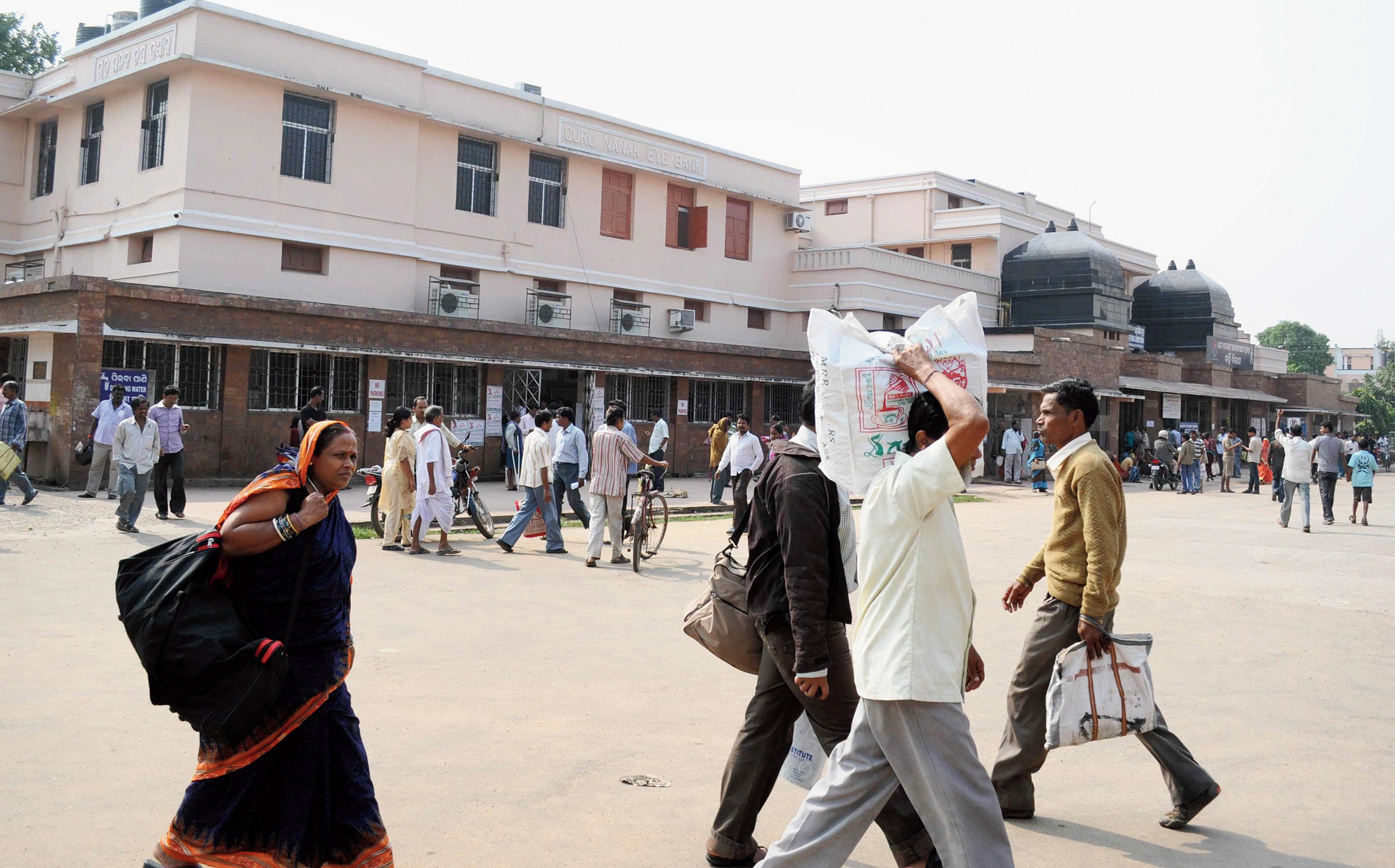The SCB Medical College and Hospital on Saturday formally opened the designated wards for destitute and unidentified patients.
Hospital superintendent P.K. Debata told The Telegraph that for a beginning, the designated wards were formally opened by segregating beds in the indoor wards of five clinical departments — orthopaedics, medicine, surgery, gynaecology and paediatrics.
“The segregation of beds for the designated wards for destitute and unidentified patients will follow in other clinical departments shortly,” Debata said.
He said the move followed a direction of the Odisha State Human Rights Commission to put in order treatment of such patients at the hospital. The direction was given on a complaint filed by lawyer and human rights activist Pravat Ranjan Dash.
The opening of the designated wards in the presence of retired judge of Orissa High Court Justice A.S. Naidu on Saturday assumed significance as there was previously no separate ward for the destitute and unidentified patients at the hospital. Depending on the disease, these patients used to be admitted to various indoor wards and care was taken by the hospital by providing them attendants and free medicines.
This had made it difficult to monitor the working of the attendants as such patients, nearly 150 at any given point of time, were placed in a scattered manner.
“With the opening of the wards, it will be easier both for doctors and attendants to look after them,” Debata said.
While 30 beds were segregated for the destitute and unidentified patients in the orthopaedic ward, medicine department got nine, five each in surgery and gynaecology departments and two in paediatrics. The wards have separate cubicles for men and women patients.
The superintendent said CCTV cameras would be installed in the designated wards to help the hospital administration keep tabs on the movement of such patients and also make it easier to monitor the working of the attendants provided for them.
Hospital’s emergency officer Bhubanananda Moharana said 57 attendants had been engaged for the destitute and unidentified patients. Of them, 12 attendants have been engaged by the Odisha Mining Corporation at the casualty ward.












